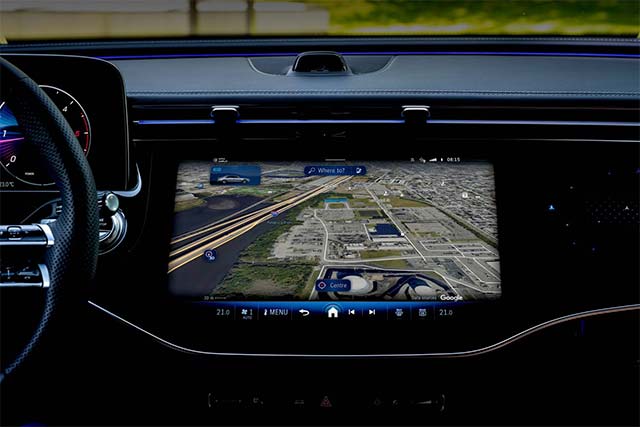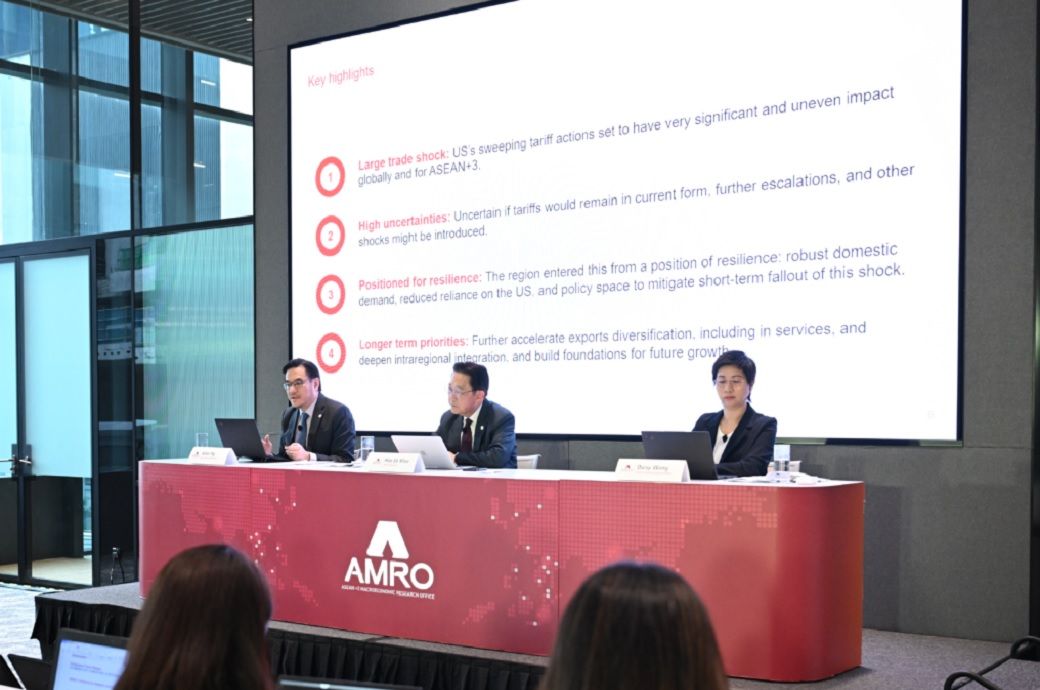Biomaterial‐Based Therapeutic Delivery of Immune Cells
Advanced Healthcare Materials, Volume 14, Issue 5, February 18, 2025.

Adoptive transfer of immune cells is an effective approach to treat refractory diseases. However, clinical reports investigating this strategy demonstrate limitations like lack of localization of cells and modest efficacy. Recent efforts in engineering cell carriers have addressed these challenges, thus improving outcomes in vivo. This review highlights recent efforts to engineer immune cell carriers and their impact on treatment.
Abstract
Immune cell therapy (ICT) is a transformative approach used to treat a wide range of diseases including type 1 diabetes, sickle cell disease, disorders of the hematopoietic system, and certain forms of cancers. Despite excellent clinical successes, the scope of adoptively transferred immune cells is limited because of toxicities like cytokine release syndrome and immune effector cell-associated neurotoxicity in patients. Furthermore, reports suggest that such treatment can impact major organ systems including cardiac, renal, pulmonary, and hepatic systems in the long term. Additionally, adoptively transferred immune cells cannot achieve significant penetration into solid tissues, thus limiting their therapeutic potential. Recent studies suggest that biomaterial-assisted delivery of immune cells can address these challenges by reducing toxicity, improving localization, and maintaining desired phenotypes to eventually regain tissue function. In this review, recent efforts in the field of biomaterial-based immune cell delivery for the treatment of diseases, their pros and cons, and where these approaches stand in terms of clinical treatment are highlighted.








































































































































































